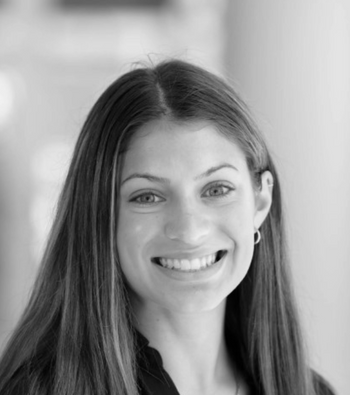Harvard profs launch Council on Academic Freedom
The council will focus on promoting free inquiry, intellectual diversity, and civil discourse.
In March, Harvard University launched its Council on Academic Freedom with over 50 faculty members on board.
In March, Harvard University launched its Council on Academic Freedom, an initiative headed up by faculty that will focus on promoting free inquiry, intellectual diversity, and civil discourse.
In an April 20 press release, executive director Flynn Cratty stated, “Whether the source of threats is progressive or conservative, academic freedom needs more consistent defenders.”
“Because Harvard is a university committed to the pursuit of truth, students and professors need to be able to express a broad range of ideas without suffering social or professional sanction,” Cratty continued.
In a Boston Globe op-ed published April 12, council members Steven Pinker and Bertha Madras stated, “Eternal vigilance is the price of liberty, and if we don’t defend academic freedom, we should not be surprised when politicians try to do it for us or a disgusted citizenry writes us off.”
The council has based its mission on Harvard’s Free Speech Guidelines, which were published in 1990.
“Free speech is uniquely important to the University because we are a community committed to reason and rational discourse. Free interchange of ideas is vital for our primary function of discovering and disseminating ideas through research, teaching, and learning,” read the Guidelines.
In January, Campus Reform reported that the percentage of universities restricting free speech on campus increased in the 2022 school year.
Harvard University, the Council on Academic Freedom, Flynn Cratty, The Boston Globe, Steven Pinker, and Bertha Madras have not responded to comments requested by Campus Reform.

